So-called feminine-acting men face discrimination from not only heterosexual male peers but also gay men, according to a new study from the University of Sydney in Australia.
Researcher Ben Gerrard, from the university’s School of Psychology, cast a mock TV commercial marketing Sydney tourism. Gerrard told the male actors in the fake travel ad to read the script in both a “masculine-gay” manner and a “feminine-gay” manner. Gerrard told the actors to manipulate their voice, posture, and hand movements to align with what they believed to be more typically male or typically female.
After creating the different ads, a group of 256 gay and straight men viewed the videos and were asked to pluck out a “leader” best suited to represent Sydney. Watching both the more masculine and more feminine clips, the group largely favored the more stereotypically masculine presentation aka the “straight-acting” men — that preference was true for both the heterosexual and queer men watching the videos. Gerrard, who published his research in the peer-reviewed journal Sex Roles, viewed his findings as an indictment of misogyny and internalized homophobia. Those biases trickle down to queer men in the workplace, limiting advancements and opportunities.
"Gay men are potentially blocking each other from positions of power and leadership due to this implicit bias," Gerrard told Phys.org. "Men are still expected to conform to more traditional masculine styles of leadership and if they fail to sufficiently project masculine traits they are at risk of status penalties. This is an example of internalized homophobia among the gay community and it impacts opportunities for these gay men."
Study combo 2 J and Cyoutu.be
Gerrard said traditional masculinity is still seen as a ticket to a senior leadership role, while those with attributes more associated with women — warmth, empathy — are viewed by some as weaker and proof that an individual is less decisive.
"This homophobic bias is putting pressure on feminine-presenting gay men to conform so they might be passable as a heterosexual man," Mr. Gerrard said. "What we need is an increase in authentic representation of empowered feminine-presenting gay men—especially in the media: in order to counter misinformed biases regarding their ability to lead. There needs to be education and awareness within the community and in recruitment processes—around the potential to be unconsciously influenced by these unfair biases."
Study combo 1 J and Cyoutu.be








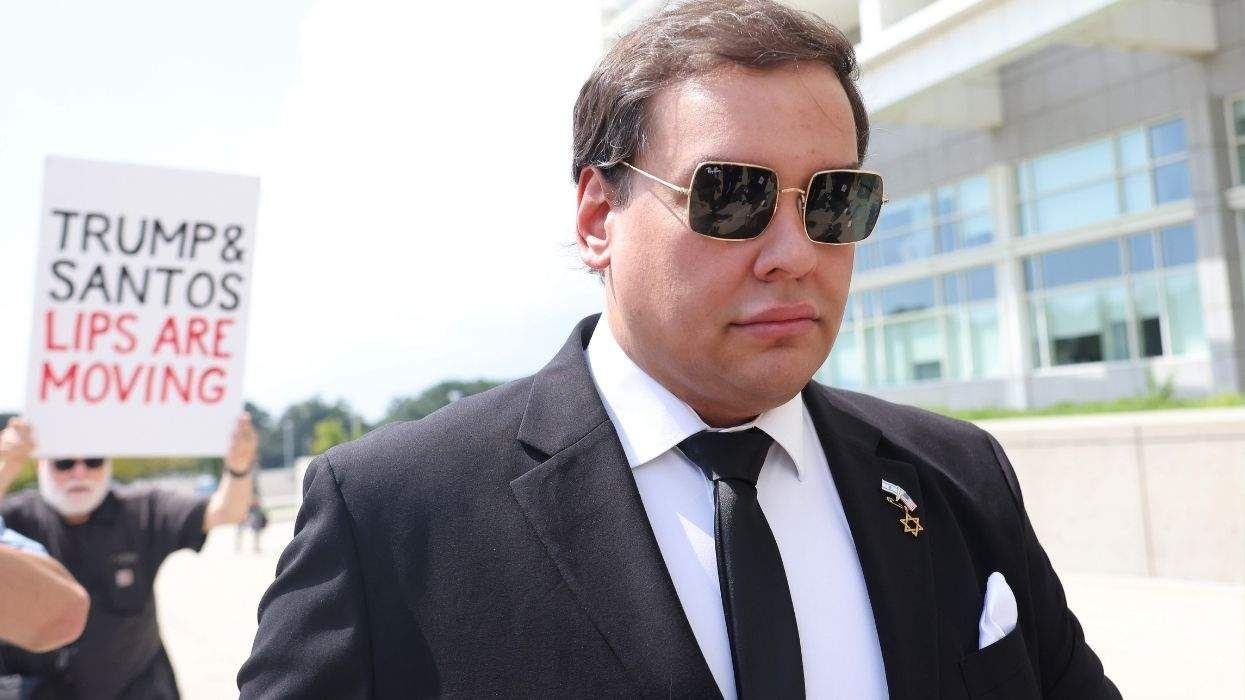
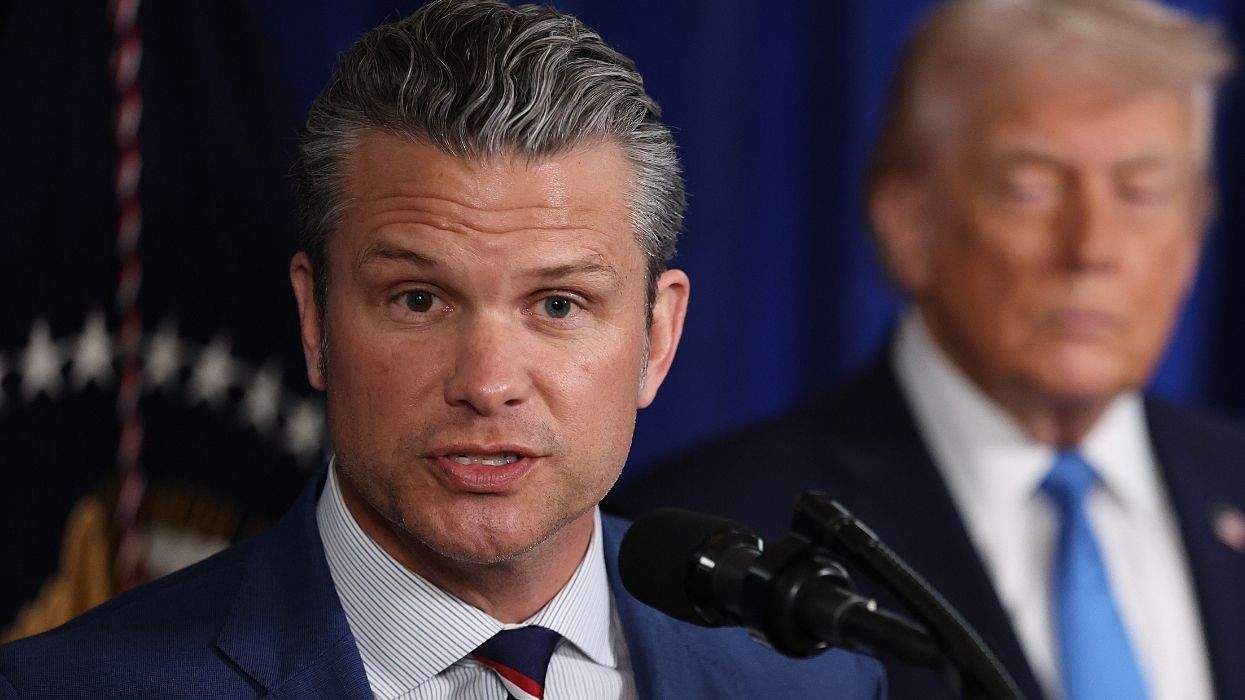


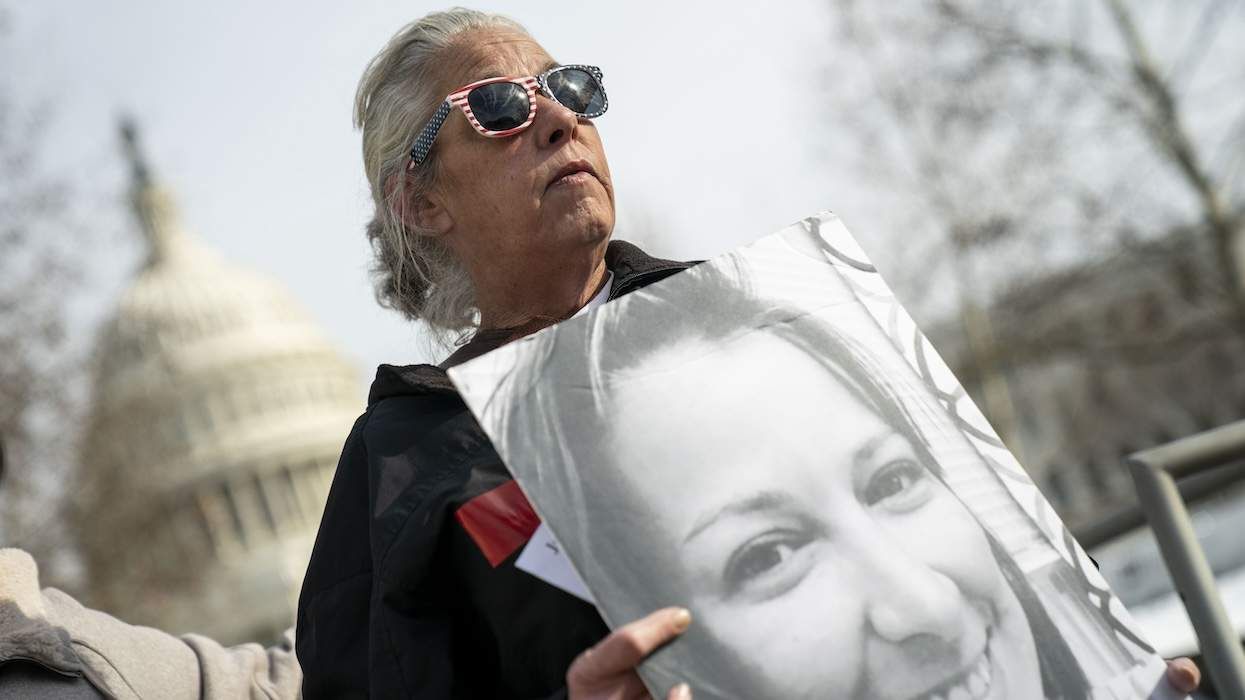
















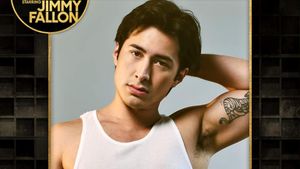



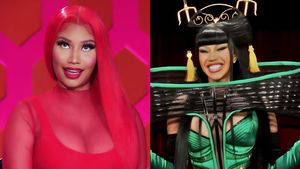















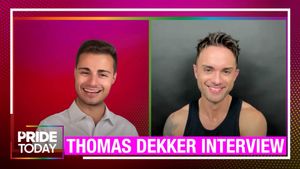



















Charlie Kirk DID say stoning gay people was the 'perfect law' — and these other heinous quotes